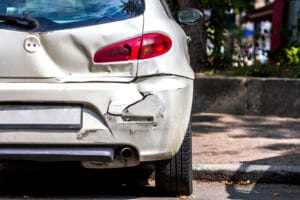Every year, as many as 50 million people worldwide are injured and 1.35 million lives are lost in traffic accidents. Individuals who are injured may incur short-term injuries that heal with or without treatment. They may also suffer from long-term injuries that impact them for the rest of their lives.
It is essential that you address your legal, financial, and medical needs after you have been in an automobile accident. You can ensure that all of your needs are addressed by completing these 9 steps.
1. Talk to a lawyer

Personal injury lawyers can help you navigate the legal process after your accident. A lawyer will advise you of your rights and ensure you do all that is required to qualify for compensation. They may be able to secure compensation for out of pocket costs, deductible fees, and other health care costs that were not covered by your existing health insurance plan.
2. See a doctor
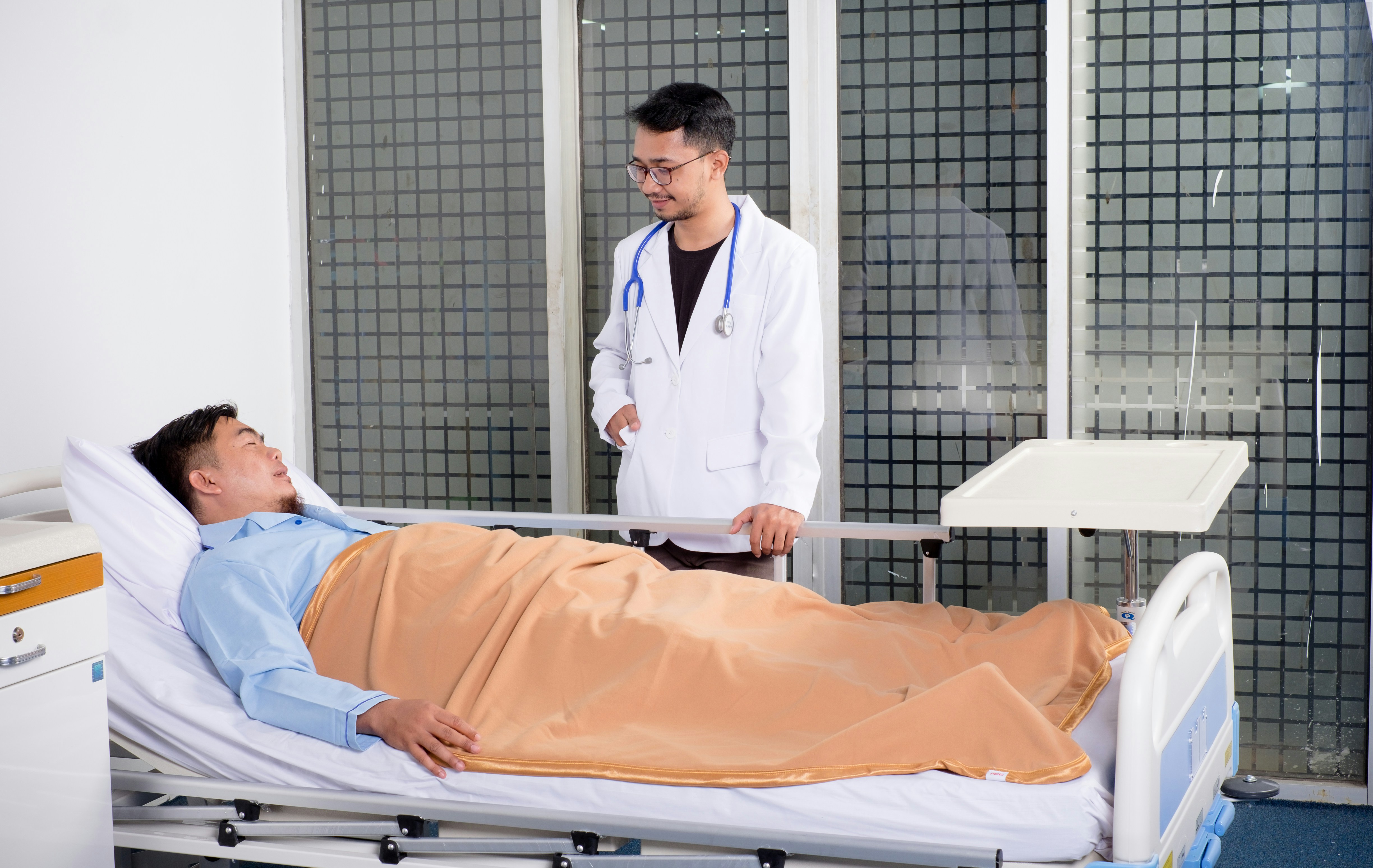
Individuals who have been in an automobile accident may suffer from a range of injuries, including whiplash, head trauma, and organ damage. Your primary care physician is qualified to diagnose your condition and prescribe the appropriate treatment and medicine needed for your recovery. You may also need immediate treatment in an emergency room. Follow-up appointments may be required to monitor your progress.
3. Update your health insurance

You should compare health insurance with iSelect following your accident. This will help you know if your health insurance company will cover the health care services you need. Your injuries may require specific treatment and prescription drugs that are not covered with your current insurance plan. Compare health insurance costs to secure the most affordable insurance options that will address your specific medical needs.
4. Get medical tests
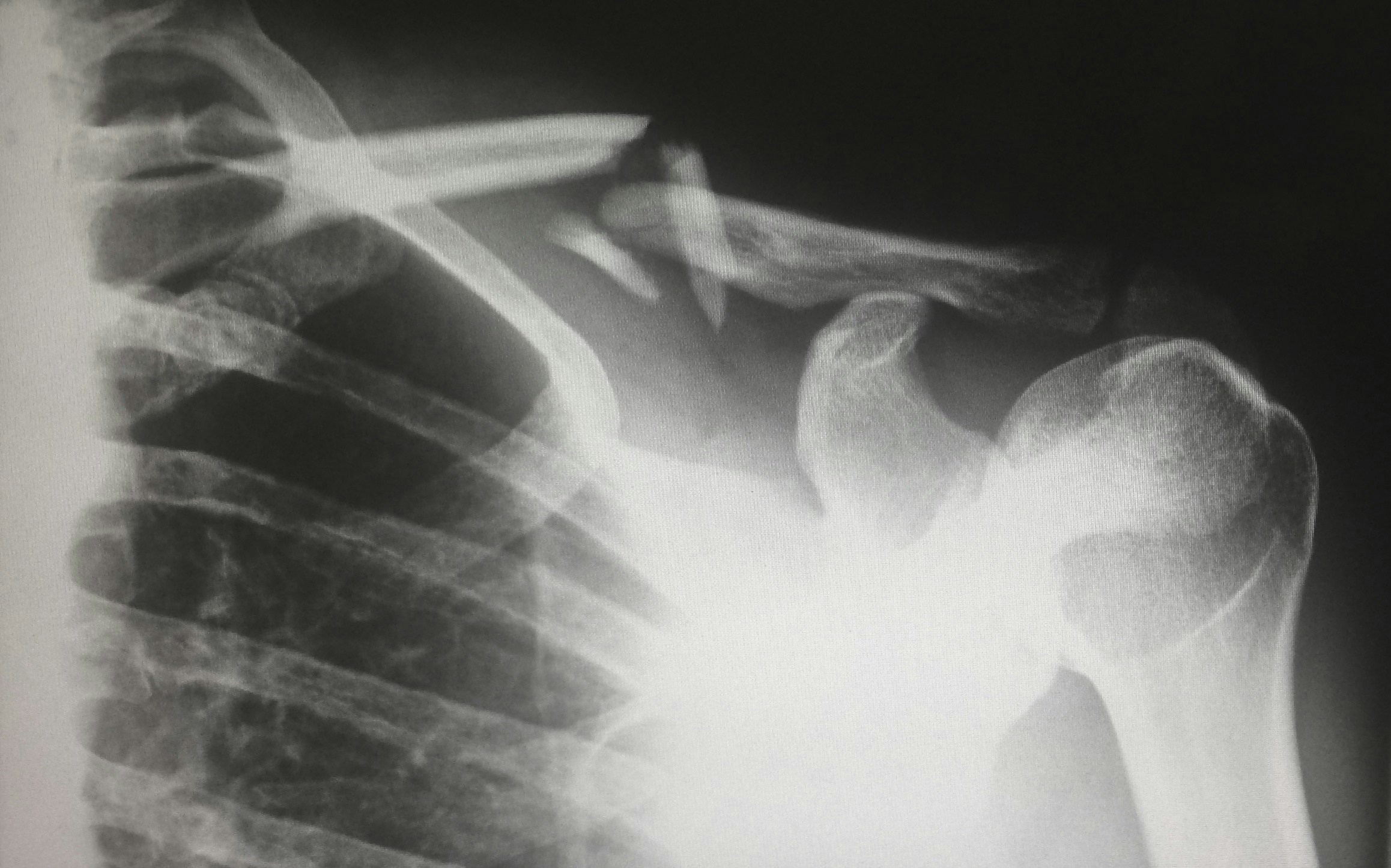
Your lawyer may advise you to complete specific medical tests to ensure you receive compensation for all injuries after your accident. Your primary care provider may also refer you for tests to confirm a diagnosis or rule out potential injuries. Completing these tests will ensure that you receive the medical care you need.
5. Talk to your automobile insurance representative

You will need to report your accident to your insurance provider. They can secure an accident report from the authorities. If you were not at fault and were struck by another driver, they can secure compensation for repairs from the other driver’s insurance. Your insurance representative can also suspend your vehicle insurance if your car is no longer roadworthy.
6. Address your car loan

Contact your bank or the company that provides your car loan. Your loan may have provisions to suspend payments in the event of an accident. They can also confirm how much money you need to pay off your existing loan. Your loan officer may also be able to explain your options for financing a new vehicle if you need to replace your existing car.
7. Prepare to get back on the road

You may need to secure repair quotes before your insurance company determines whether your vehicle should be written off or repaired. In the event that your vehicle is written off, you will need to begin the process of looking for a new vehicle. Your insurance agent and loan officer will ensure you have the information and resources you need to make a purchase.
8. Get physical therapy

You may be stiff and sore for a prolonged period of time after a car accident, depending upon the seriousness of the crash and the extent of your injuries. A physical therapist can help you manage your pain after your accident. They are also equipped to customize a treatment plan designed to help you regain your full range of motion. It is important to use the health care services you need after your accident to ensure a full recovery.
9. See a counselor
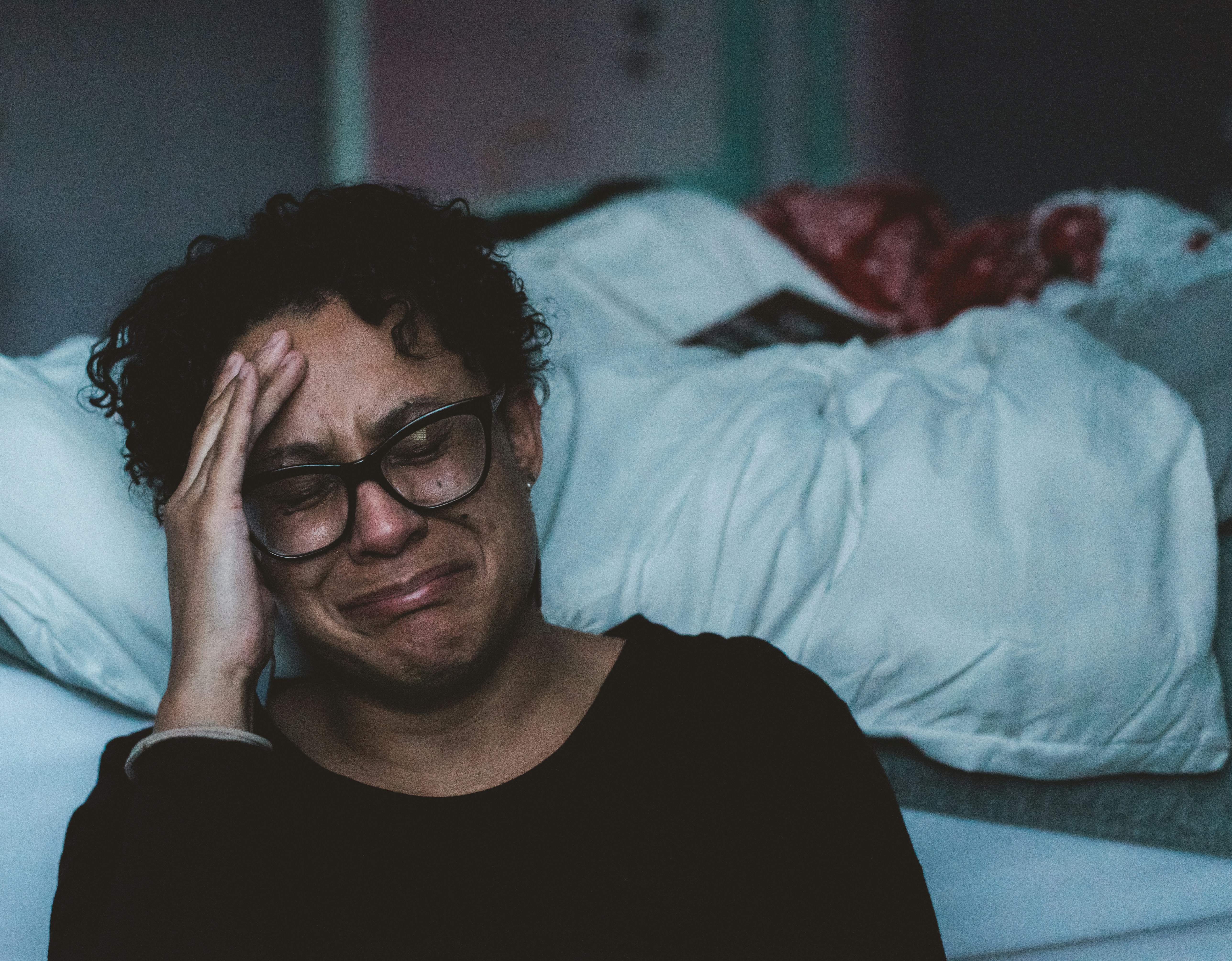
It is common for individuals who have been injured in a car accident to experience mental health issues. Without proper treatment, it is possible you could develop a substance abuse issue or find you are unable to complete routine tasks. Your primary doctor can refer you to a mental health specialist if you are struggling with symptoms of post-traumatic stress disorder or an anxiety disorder. Difficulty sleeping and irritability are signs of potential psychological distress. A therapist can help you work through trauma produced by your accident.
